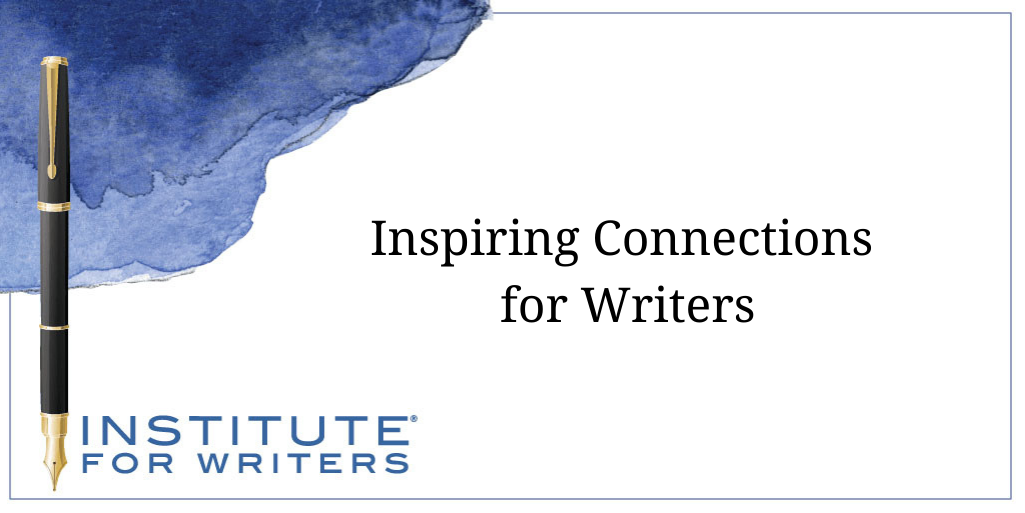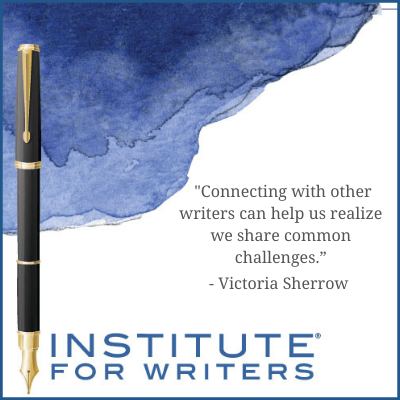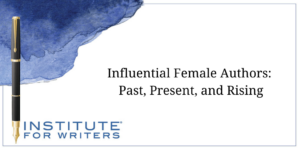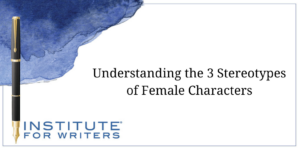
The Layers of Revision
To many, writing is revision, and most writers revise their manuscripts numerous times before they’ve shaped it into the best version that it can be.

We teach our students how to write and get published!
View our Course Catalog >
More than thirty years ago, I attended my first writers’ conference. Earlier that year, I had decided to write professionally, so I took writing classes at UCLA, joined a national writers’ organization, read books and magazines about writing, spent hours studying works by other authors, and wrote my first stories. Then came the chance to attend this national conference, just twelve minutes from my home in Los Angeles. I was captivated by the speeches and presentations by authors I admired and others who were new to me. I learned so much from the small group meetings, critique sessions, and talks by editors. In between came chances to actually meet authors, editors, and fellow writers—Bliss!
As the writing conference ended, I agreed with other attendees who said they were inspired to write new stories, revise old manuscripts, query editors and agents, and submit things they had written. That inspiration led to my first magazine sales and an idea that became my first published book.
Other writers have described the inspiration they gain from interacting with fellow writers and improving their skills. I realized that I had already tapped into such activities with my writing course, membership in a writers’ organization, and efforts to learn my craft. Besides offering practical information, these activities connected me to the world of writing and reinforced my identity as a part of that world—a “real writer.”

One of the most encouraging things I heard at my first conference was from a popular, award-winning author who said, “If I can do this, so can you.” Another author described how, as a widow with young children, she managed to write her books working one day a week while her mother watched her children. A third author answered the question “Where do you get your ideas from?”
We can find this type of inspiration elsewhere, too. Some authors have written books or articles where they share their personal writing journey and/or offer tips on the craft. Author interviews are another way to connect with the knowledge and experiences of writers we admire.
Opportunities to learn abound, and learning new skills can stimulate us to use them in our writing. It’s hard to feel “inspired” when we don’t see a way to resolve the issues that keep us from moving forward with a manuscript. Writing instructors can share their own inspiring career stories while helping students master techniques that can improve their manuscripts.
Writing classes and workshops can spark new ideas and suggest ways to develop old ones. I have seen this happen many times as students studied a new technique or did a writing exercise that sparked ideas for writing and revising. In some cases, writers had an idea but didn’t know what to do with it. Their writing coursework inspired them to try a different, and more effective, approach. As one student said, “The feedback and support I get from my instructor inspires me to keep writing and improving.” Another said, “I might begin a lesson not feeling inspired, but as I continue, I feel more motivated to write.”
Writing can be a lonely pursuit. Some writers prefer their solitude, but many others find inspiration in connecting with fellow writers, in person or online through email or video platforms. Connecting with other writers can help us realize we share common challenges. Writing with one or more people can show us how others write and revise, choose markets, and resolve other writing issues. Writers can share hopes and fears, rejections and successes, with people who understand.
Accountability is another benefit when group members share their work. Writers may feel more energized when they know they will be reading pages of their manuscripts on a specific day, with supportive people who share their love of writing and a desire to learn. Like a writing course, such a group provides “deadlines” that are a part of professional writing. Group members can set goals together and mark their progress in meeting them.
In groups where members offer feedback on each other’s writing, members can gain a new perspective that leads to better manuscripts. One writer recalls how a question from a fellow group member helped him to rethink a character and gave his plot new life and interest. Along with practical information on writing, members can share their experiences marketing and publishing and report on publishers that might be interested in each other’s work.
Writers can also connect by participating in meet-ups/social gatherings sponsored by national or regional writers’ organizations, library events that pertain to their writing, and book clubs where people read and discuss specific works. These events can inspire enjoyment as well as better writing.
All of these ways of connecting to writing and writers share a common thread: They show that we think our writing is important, and we are identifying ourselves as writers. That in itself can be inspiring.
Don’t spend so much time connecting that you ignore your writing. Activities that inspire can also distract us from our main goal, which is to WRITE and complete our projects. By all means, find the inspiration you need, but be sure to put it to good use. Then, look forward to the renewed inspiration that comes from reaching your writing goals.
Victoria Sherrow has published short stories, articles, poetry, and books (fiction and nonfiction) for preschoolers through adults. She especially enjoys writing about courageous people who overcome adversity and improve the lives of others. Her books have been honored by the American Library Association, Parents Choice Gold Award, National Association for the Advancement of Science, and NYPL Best Books for the Teenage, among others. Victoria has taught at The Institute of Children’s Literature for more than 25 years and is inspired watching her students learn and grow as writers.

To many, writing is revision, and most writers revise their manuscripts numerous times before they’ve shaped it into the best version that it can be.

We’re going to look at influential female authors of the past, those impacting the present, and whom the industry expects to make a big splash.

This week, we’re focusing on how we as writers can create strong female characters that others will look up to, instead of harmful stereotypes.
1000 N. West Street #1200, Wilmington, DE 19801
© 2024 Direct Learning Systems, Inc. All rights reserved.

1000 N. West Street #1200, Wilmington, DE 19801
© 2025 Direct Learning Systems, Inc. All rights reserved.

1000 N. West Street #1200, Wilmington, DE 19801
©2025 Direct Learning Systems, Inc. All rights reserved. Privacy Policy.